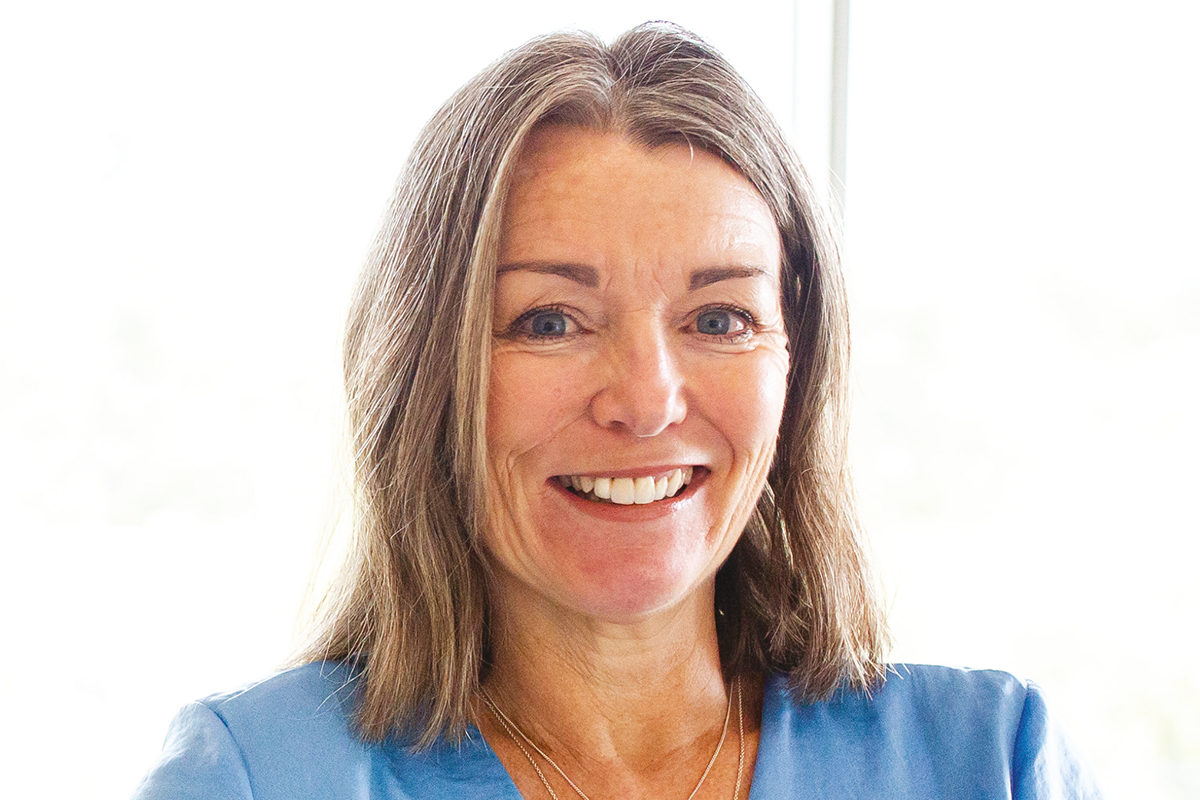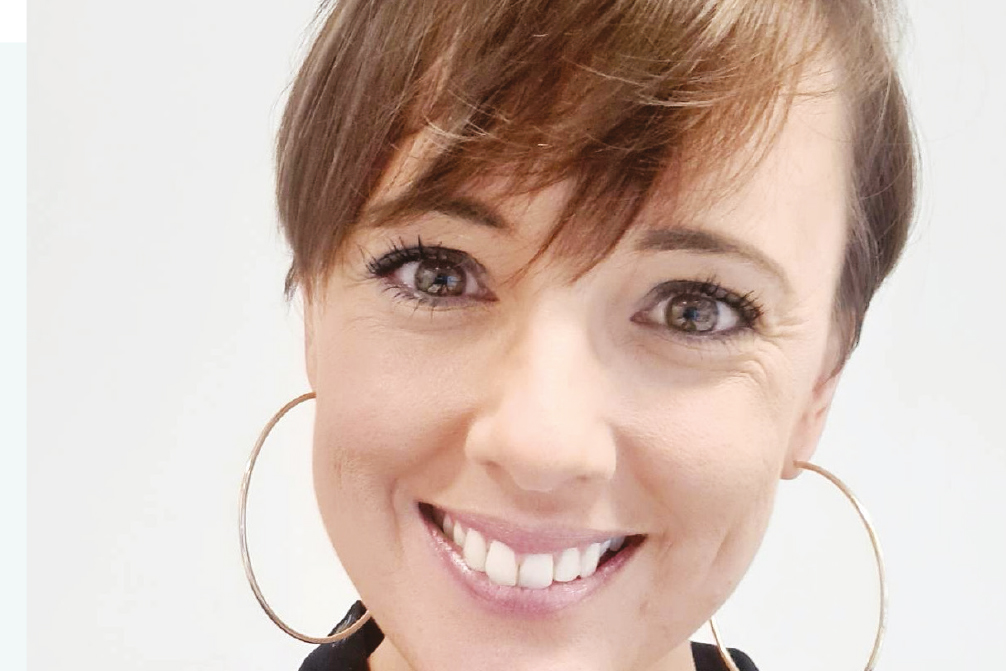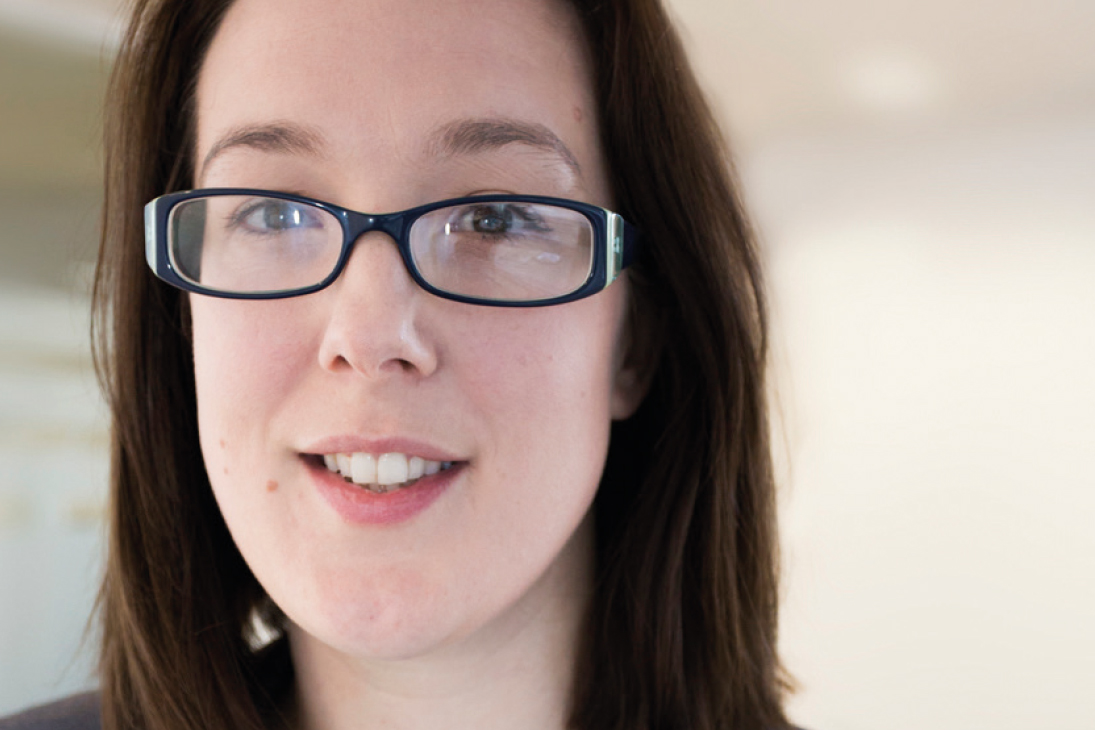
The law firm Morr & Co has appointed its first female Managing Partner, Catherine Fisher, following the retirement of Paul Harvey, who had been with the firm since 1988, and Managing Partner since 2008.
Founded in 1729, the firm has grown significantly and now boasts nine branches across Surrey and Hampshire. As the reins are passed to Catherine on April 2nd, Maarten Hoffmann sat down with her to find out what the future holds for this highly successful law firm
Can you tell us a little about your personal life before we get onto your time with the firm?
I spent many years in the Middle East from about five years old as my father was in the Navy. I think my mother had enough of all the moving and insisted he change roles. Not long after, my father called to say that he had a new role – but it was in Bahrain. It was decided that my brother and I should return to the UK and attend boarding school, whilst our parents remained in Bahrain.
I attended Upper Chine School for Girls and although it’s quite fashionable to deride boarding schools, that was not the case for me as I loved every minute of it. My mother was quite keen that I be the first in the family to attend university. I wasn’t sure what to do as I really wanted to be a police officer, or to be more precise, a CID detective. Back then, there was height limit and I was too short and they wouldn’t accept me – I was devastated.
Lots of thought went into what to do next, and law seemed an obvious move. So I started a law degree at Kingston Poly, as it was back then; it’s a fully fledged University now. My mother was appalled that I was not attending a ‘real’ university, but I had made my mind up. In the second year of our degree, all students were encouraged to begin applying for training contracts. I applied to Alsop Wilkinson (now DLA Piper) and after finishing my degree and law school, I started work there. Within a month, I knew I had found a career for life.
This was a fantastic training ground for me but it was cut short when my father sadly passed away at only 49, and I needed to return home to the Isle of Wight to support my mother. That then led into my first son being born, and me taking a career break. My husband was working punishing hours in the City and it just felt right to take a few years out to be there for the boys.
It’s not easy returning to work after such a break, what did you do?
I wrote to every Surrey law firm, offering to work free for a month to get back into the groove – as it were – and the only person to even reply was David Foster at Barlow Robbins, now Moore Barlow. He offered me a job and I will always be grateful to him for that.
The world was different back then. Did you suffer any sexism within the legal profession?
I am sure this will not make for a good story but no, not in the slightest. Even as a trainee, I don’t recall ever being asked to make the tea or faced any adverse comments. This is as much a testament to the firms and the people I worked with. To me, everyone seemed gender blind. It simply never occurred to me that anyone would treat me differently due to my gender.
So, onto your time at Morr & Co, why did you chose the firm?
I was with Coffin Mew at the time and was not really looking to leave but, as with so much of my career, it seemed to be serendipity. I was in contact with a recruiter as I was looking for an assistant to work with me, and she mentioned that Morrisons, as it was then, was looking for a partner to join their dispute resolution team.
I agreed to the interview really just to keep the recruiter on side, so I met Paul Harvey for a coffee and came away thinking that this could be a great opportunity for me, as Paul made it clear he was looking for someone to head the team. As there was already a very capable head of department at Coffin, there was little chance of advancement so I decided not to look a gift horse in the mouth and miss out on such a great opportunity to lead, what was then, a small team at Morrisons. It just felt like a shoe that fitted perfectly.
What made you go into dispute resolution/litigation?
It was my first seat as a trainee and I just love the variety. Most of my clients are businesses, or Directors of, and I really enjoy getting under the hood of each business so as to be able to represent them well. It’s intellectually demanding, which I very much enjoy. Last year, I had my first Bitcoin dispute which took a fair amount of study to really understand the sector. I have never been tempted by any other specialism.
Becoming Managing Partner will change things slightly as I assume you will represent fewer clients in your new role of running the business. How does that sit with you?
I sit as a Deputy District Judge, and that takes you away from representing clients into deciding the outcome of claims objectively – it’s a different way of using my legal skills.
I have always been a fan of public service when possible, and I sat as a local councillor for a while. Sitting as a judge does allow me to give something back to the community, using what I know in a very different way. I will still be doing a small amount of client work, so I will not be leaving it behind altogether, but I am ready for a new challenge. So when the opportunity came up to step into Paul’s shoes after his very successful 14 years at the helm, it was irresistible. Paul has overseen a huge number of changes and massive growth within the firm. His are large shoes to fill.
Are you planning to make any major changes within the firm?
The pandemic has been awful for many, of course, but it has also presented us with some opportunities to change. It has forced us all to be more agile and flexible with home working, remote working and trying to achieve a better work/life balance for everyone. As a firm, we are keen that we listen to our employees, and having asked them many questions relating to this subject, we have a mix of requests for home working, flexi-working and of course, those who prefer to actually be in the office full time. It’s a complex balance but one I am determined to meet head-on for the good of all. We must take care to retain our company culture, which can be a challenge when the team is not all in the office – but it is not impossible, and we must embrace change and all the new opportunities that come with it.
I must ask, why did the firm change its name from Morrisons to Morr & Co?
We felt we needed to reflect the changes that have taken place over the years. Our two most recent mergers with Harrops & Hepburn and Wheelers led us away from the Morrisons name that was created in 1729, as we wanted to better reflect who we are today, whilst keeping a connection to our rich heritage. The most important part of the new name is the ‘& Co’. It recognises the integration of the merged firms, and acknowledges and the collective contribution of the talented individuals we have across the firm.
How many partners do you have now and what’s the gender split?
We have 23 partners, 64% of whom are female and 50% of our department heads are women, and I am not a fan of what the Americans call ‘affirmative action’, the deliberate selection of women to balance the numbers. I am more of the mind of David Foster from Barlow Robbins which is to take the very best people, to promote the very best people and to be totally open minded and blind to gender.
Isn’t that a great testament to gender equality you are organically achieving that, without any form of positive discrimination, the firm has such a great balance?
Absolutely, and as our clients are incredibly diverse, the firm should reflect that if possible, and we are very lucky that we have that balance.
What does the future hold for Morr & Co with you at the helm?
We have had some incredibly successful years and therefore I have little intention of changing anything that has contributed to that success. It is not ideal in any business when there is a change of leadership to then cause disruption. New brooms can be as harmful as they can be beneficial, so there are a multitude of things that work very well, and I have no intention of changing them.
There is a tremendous opportunity to explore hybrid working practices. I want to be open to new working methods and, hand-in-hand with that, I would like to increase smart working. IT is moving so fast, and there is so much we can do to use technology to make better use of our time. Clients essentially pay for our critical thinking and not for our internal processes. I want to use technology to decrease the time spent on process and increase the time spent on thought.
I love what I do, love this firm and I love the law and the opportunity to head the firm is very exciting.
Thank you Catherine and l wish you the very best of luck with the new role and l look forward to speaking to you next year.





